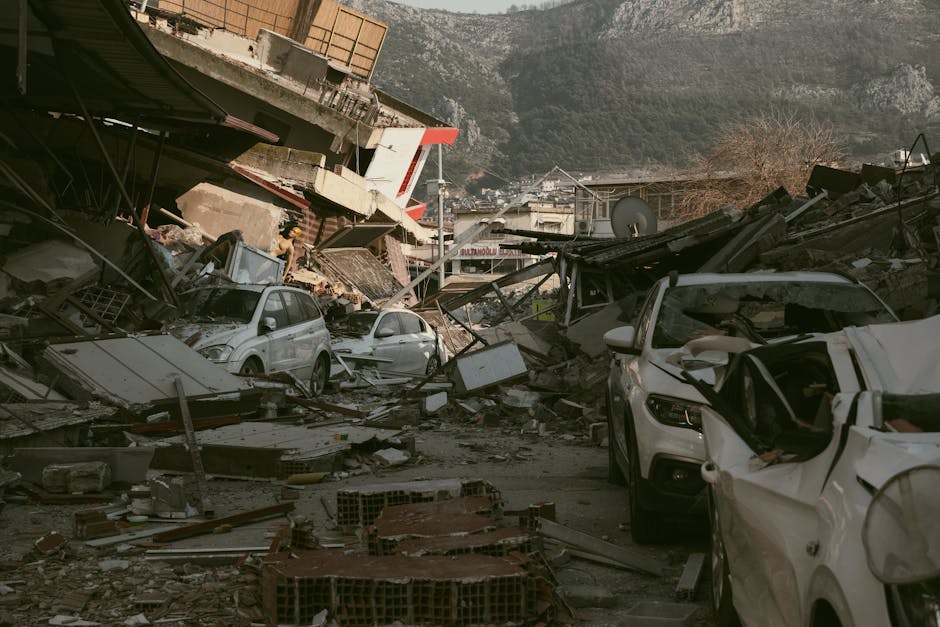Delhi’s Air Quality Plummets to ‘Severe’ Category
Delhi’s Air Quality Index (AQI) has surged past 400, prompting the Commission for Air Quality Management (CAQM) to implement Stage 3 of GRAP (Graded Response Action Plan). The city faces stringent curbs as toxic smog blankets the capital, raising health concerns and disrupting daily life.
Why GRAP Stage 3 Was Activated
The CAQM enforced Stage 3 after Delhi’s average AQI breached 401, signaling a severe deterioration. Key measures include:
– Ban on construction/demolition (except essential projects like highways, hospitals).
– Closure of stone crushers and mining in NCR.
– Restrictions on BS-III petrol & BS-IV diesel vehicles.
– Heavy penalties for waste burning and dust violations.
Poor wind speed, dropping temperatures, and stubble burning in Punjab-Haryana have worsened the crisis.
Health Risks: A Silent Emergency
Medical experts warn of dire health impacts:
– Short-term effects: Coughing, throat irritation, asthma attacks.
– Long-term risks: Lung damage, heart disease, reduced lifespan.
Hospitals report rising cases of bronchitis and COPD. Dr. Arvind Kumar states, “Breathing Delhi’s air equals smoking 25 cigarettes a day.”
Public Outcry and Implementation Hurdles
- Daily wage workers face job losses due to construction bans.
- Commuters struggle with BS-III/IV vehicle restrictions.
- Activists criticize GRAP as a reactive measure, demanding proactive policies.
Next Steps: Will Stage 4 Be Triggered?
If AQI exceeds 450, stricter measures may follow:
– Diesel truck bans (excluding essentials).
– Odd-even schemes or work-from-home orders.
Long-Term Fixes for Delhi’s Pollution
Experts urge systemic reforms:
1. Year-round pollution control, not seasonal reactions.
2. Stricter industrial emission norms.
3. Faster adoption of EVs and public transport.
4. Sustainable stubble management with neighboring states.
Conclusion
GRAP Stage 3 offers temporary relief, but Delhi needs lasting solutions to combat its annual pollution nightmare. Residents are advised to use masks, avoid outdoor activities, and monitor AQI updates.
Stay updated with real-time pollution alerts and news.




